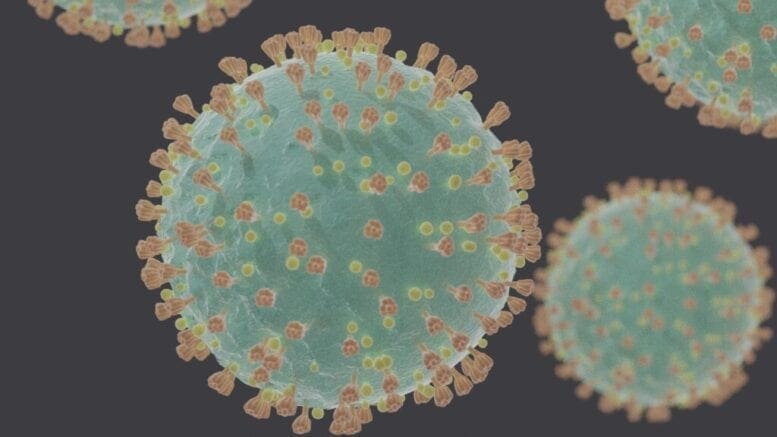If you’ve fallen behind in your mortgage due to the economic impact of the COVID-19 pandemic, you still have time to apply for COVID-19 mortgage assistance.
Cobb County posted the following notice on the county website with information about how to get assistance:
Cobb homeowners who have fallen behind in their mortgage payments due to a COVID-19 related involuntary financial hardship, medical hardship, death of a spouse/co-borrower can still apply for up $4,800 of mortgage payment assistance, as well as optional homeownership counseling. Applications will be accepted through Dec. 11 at www.CobbHomeSaver.org.
The funding will come out of the $132 million allocated to the county in the federal Coronavirus Aid, Relief, and Economic Security (CARES) Act. The “Cobb HomeSaver Program” provides mortgage payment assistance and/or homeowner counseling to Cobb County homeowners that have been adversely affected by COVID-19. The program is being administered by National HUD Intermediary, HomeFree-USA, a nationally recognized nonprofit homeownership development, and foreclosure prevention organization.
“If you are struggling to pay your mortgage, now is not the time to let pride get in the way of you applying,” says Marcia Griffin, President and CEO of HomeFree-USA. “HomeFree-USA is eager to assist Cobb County homeowners to stabilize their housing needs now and put them on a path to ongoing homeownership success. But you must apply now while money is still available and before the program closes.”
Cobb County Homeowners should visit https://www.CobbHomeSaver.org for a complete list of the eligibility criteria and the application. Grant applications will be accepted on a “first-come, first-served” basis. The grant amount awarded to homeowners may vary.
For more information on COVID-19
The daily status report from the Georgia Department of Public Health is posted daily at 3 p.m.
In addition to the total confirmed cases, hospitalization and death, the report includes other information such as demographic breakdown by race/ethnicity, sex and age.
You can also download the data in CSV format at this link, so you can open it in a spreadsheet and build different views of the data yourself.
There is also a guide to understanding the data here.
The Georgia Department of Public Health describes the data collection process as follows:
The Daily Status Report is updated once daily at 3 p.m. Data are reported to the Georgia Department of Public Health (DPH) from numerous labs, hospitals and providers in various ways.
Electronic Laboratory Reports (ELR) are data files transmitted to DPH that contain patient identifiers, test information and results. Individual “case” reports may also be submitted through DPH’s secure web portal, SendSS, from healthcare providers and other required reporters. These reports often contain more specific patient information. In either reporting scenario, data may be incomplete.
Data displayed on the DPH Daily Status Report reflect the information transmitted to DPH, but may not reflect all current tests or cases due to timing of testing and data reporting
